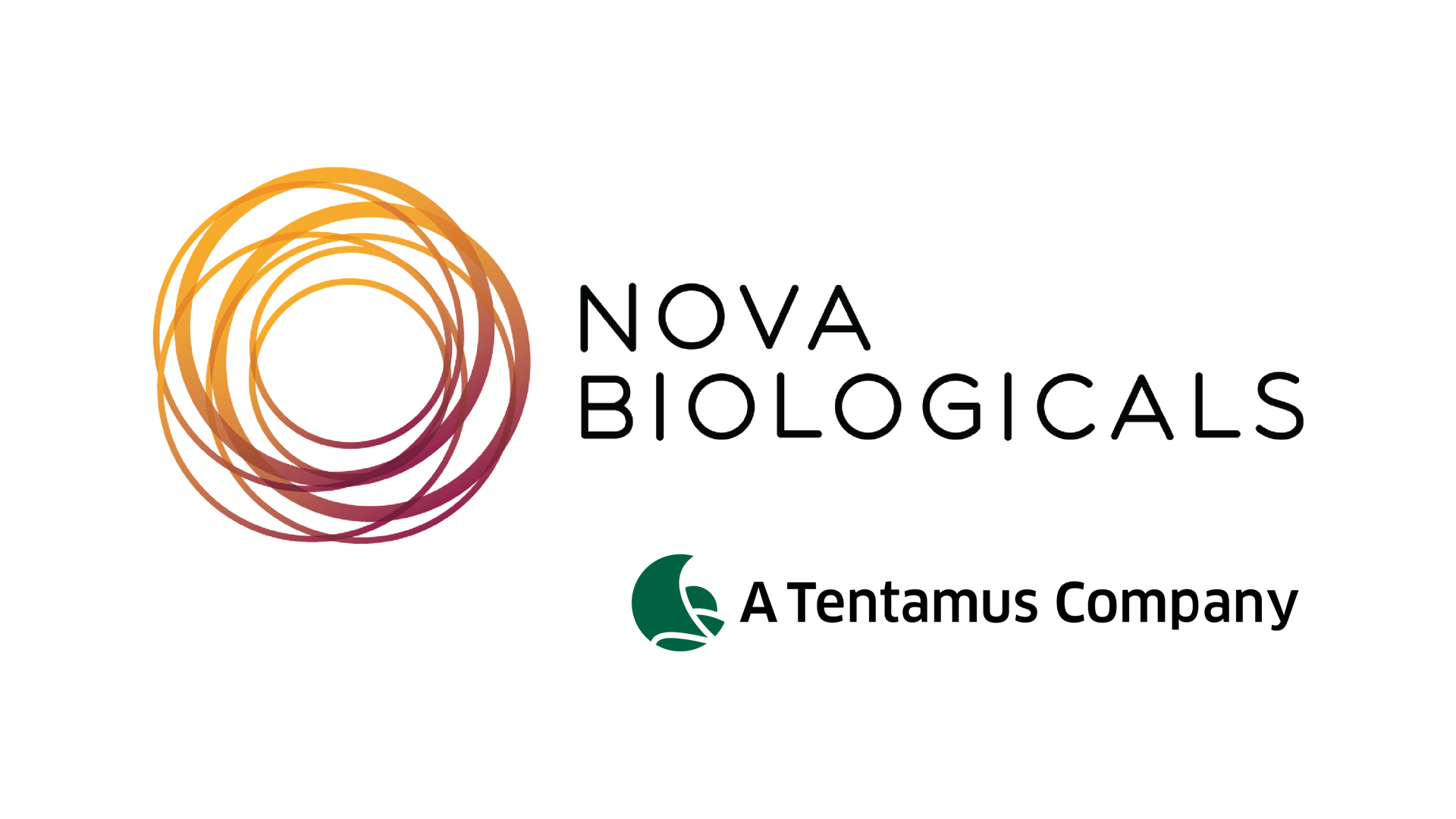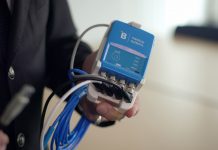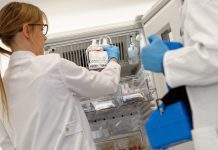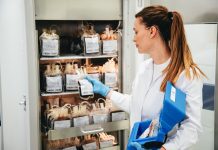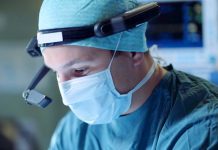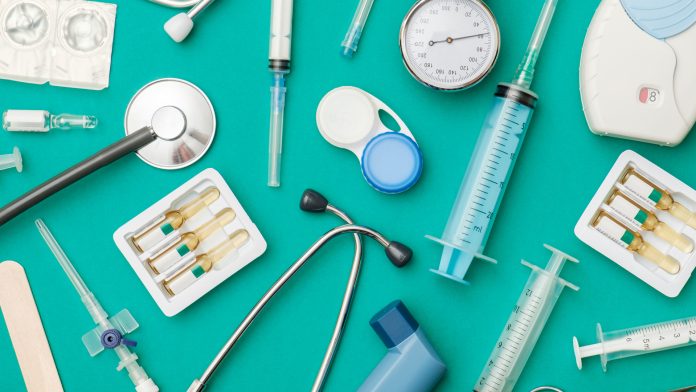
Microbiological testing specialists Nova Biologicals dissect how United States Pharmacopoeia testing protocols help ensure that medical devices and pharmaceuticals meet the optimal standards for safe public use.
In the world of pharmaceuticals and medical devices, one mistake can result in grave consequences. Missteps made in the manufacturing of medical devices can lead to surgeries going awry, and faulty pharmaceuticals risk damaging the health of someone already suffering from medical problems. With so much riding on the safety and usability of these products, ensuring that there is a standard of health and safety that they must meet before being sold or used is vital to ensuring that society at large can rely on them without fear. The United States Pharmacopeia, or USP, is a non-profit organisation that specialises in testing these kinds of products in a variety of ways to counter any possible threats that might risk the health of users.
Their tests, including sterility, endotoxin, and bioburden testing, are designed to detect dangers that would affect specific products. These tests are used by a variety of industries and manufacturers and are required depending on what the subject is used for. For example, dietary supplements often would not need the same forms of testing medical devices would. However, a few are almost universally beneficial in ensuring the safety of any potential buyers for these products. Among them are USP 61 and USP 62, similar tests that are focused on identifying and quantifying any microbial contaminants existing on a product. The United States Pharmacopeia, though it creates the tests and the criteria for understanding the test results, is ultimately unable to enforce the usage of them by manufacturers.
Instead, the Food and Drug Administration (FDA) oversees this process and works to ensure that products aren’t sold without being adequately tested first. Often, this can be through legal requirements, but some still manage to be sold without FDA approval and without having been tested first. While these products may at first seem safe, it should be kept in mind that they are essentially evading scientific and professional scrutiny and relying on nothing more than their word that they aren’t dangerous. To better understand why this can be a dangerous practice and why organisations such as the United States Pharmacopeia are ultimately serving to protect public health, it is necessary first to know how USP tests are used.
How does the United States Pharmacopeia examine products?
As mentioned above, there are many different United States Pharmacopeia tests designed for a variety of purposes and industries. Two of the most common, especially for medical devices, pharmaceuticals, and other healthcare-related products, are USP 61, or microbiological enumeration of nonsterile products, and USP 62, or microbiological examination of nonsterile products. The two are very similar and are often tested at the same time but differ in a few key ways. USP 61 is designed to understand how many microbiological contaminants reside on or in a product, while USP 62 is designed to identify specific microbiological contaminants such as yeast, bacteria, or viruses. The two are used to minimise the danger posed by possible organisms in the usage of certain items, such as syringes, catheters, vitamins, and various forms of medicine. However, the tests, especially USP 61, do not provide exact data.
In regards to USP 61, the number of organisms detected is more of an estimate than a precise headcount of microorganisms. By utilising a method based heavily on dilution and several repeated tests, USP 61 can gather an approximate number of accurate microorganisms to rely on safely. USP 62 is more accurate, as it identifies contaminants rather than counts them, but it may not identify all that are present at the time. When a product has received both tests, a manufacturer is usually able to accurately know if a product needs more specialised tests, such as sterility, bioburden, or endotoxin testing, or if it is safe enough to proceed to the next stage of production. Neither USP 61 nor 62 are enough to ensure a product is entirely safe for use, but they are good indicators as to which other tests might be needed and are especially common in the healthcare industry.
Safeguarding the public
For this reason, products that have not received United States Pharmacopeia testing, or testing from an equivalent organisational standard, are essentially being sold without any proof that they are not unsafe. The primary goal of United States Pharmacopeia testing is to protect the public from dangerous products. Attempting to circumvent or otherwise avoid testing is as good as an announcement that either the manufacturer did not care enough to ensure a products’ safety or that they believed the product wouldn’t pass. The products still being sold indicates that the creators would rather profit off of a potentially dangerous product than go through proper testing procedures. While not every product necessarily needs to be backed by the FDA or undergo USP testing, caution should be demonstrated when using healthcare products that lack FDA approval. In many cases, these products have not been sufficiently evaluated by third parties and do not meet the criteria for safety that most healthcare products are subject to.
Other than taking the manufacturer’s word at face value, there is no guarantee that these products that avoid FDA or USP testing are not making an illness worse, is not contaminated by bacteria, viruses, or fungi, or have no real effect. There are many products that are not backed by any credible health organisation that promise to cure sicknesses ranging from cancer to the flu. Many have risen with claims that they eliminate or provide immunisation to the coronavirus in all its forms, something modern medicine has struggled to do despite most of the world living under quarantine for the past year. While it can’t be said that these kinds of products are all entirely fake or dangerous, there is a great risk that it is exaggerated or outright fictitious. When someone who is severely ill relies on a medicine that doesn’t work, they are not only wasting their money, they are risking their health and are actively being preyed upon by predatory companies.
Because of the danger presented by the situations described above, most if not all medical devices and pharmaceutical products used by established health organisations are required to undergo numerous different tests, often repeating the same one multiple times to ensure accurate results. However, these are not the only industries to follow this rule. Dietary supplements are often subject to the same scrutiny as pharmaceuticals, as ingesting unknown contaminants or chemicals could prove hazardous to the consumers’ health. Excipients, which are used in the production of many different pharmaceutical products and medicine, are usually tested as well. This also extends to vitamins and any other health-related product that must be ingested.
It may come as a surprise, but even rubber gloves, goggles, and facemasks are often evaluated using United States Pharmacopeia testing, particularly in regards to sterility, to ensure they are effective at their intended function. In most cases, producers of these kinds of items are either in contact with a laboratory that can provide these tests or do the testing themselves. In cases where a manufacturer is also testing their products, they are still responsible for providing documentation to the FDA of the results of their testing to ensure that the results were both not accidentally inaccurate or intentionally deceptive.
Ensuring product quality with Nova Biologicals
Now that a rudimentary understanding of the purpose of USP testing and FDA approval has been established, the necessity for health organisation’s such as these should be clear. While there are still ways for products to be sold without proper testing or approval, they are often required to admit that they lack the backing of any larger health organisation. Although this should be a clear sign that there is no guarantee the product can do what it claims, it is still common to find consumers buying them. Many people believe that these items can do what they say they can, and perhaps some are capable of such, but without proper testing, there is no way to prove their safety or efficacy without purchasing and trying them.
This has resulted in several cases of consumers having spent large amounts of money with little to no beneficial gain. Most companies understand the dangers of releasing untested health products to public health and their financial well-being and try to meet these precautionary measures as fully as possible. Many microbiological testing laboratories are often working in partnership with health manufacturers to ensure maximum safety and gain the seal of approval from larger health organisations. Nova Biologicals, a microbiological testing facility based in Conroe, Texas, offers this service to a number of manufacturers and has provided accurate test results for nearly 30 years. For any company looking to specialise in the production of medical devices or pharmaceuticals, receiving the approval of a third-party health organisation and following proper testing procedures is a clear sign of professionalism and an indicator that public safety is a key goal.


